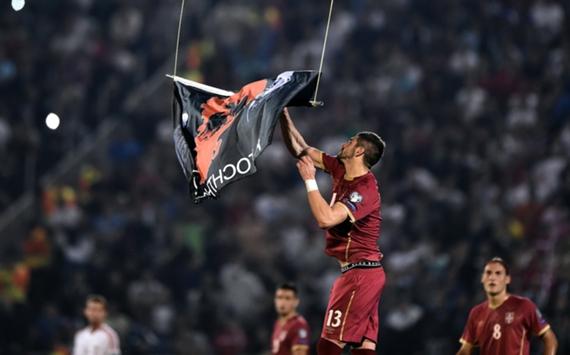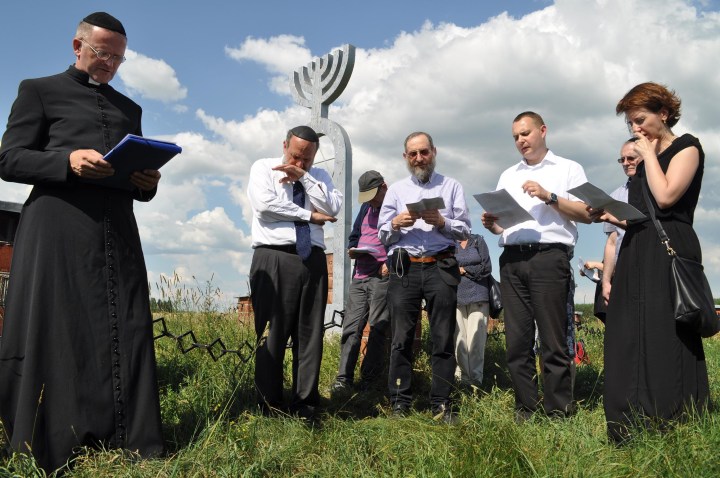By Kyle Herda
Impunity Watch Reporter, Europe
STOCKHOLM, Sweden – For the second time in two days, NATO jets were scrambled to intercept Russian military aircraft over the Baltic Sea. The Russian aircraft did not violate the airspace of any foreign nations, and after identifying the aircraft, NATO jets let it go.

While the Russian Ilyushin-20 surveillance aircraft did not violate the airspace of any nation this time, Russian jets have already done so numerous times. These two incidents mimic incidents that occurred on October 7 and September 11 where Russian jets again went through the Baltic Sea but did not violate any country’s airspace. Finland, however, says that Russian military aircraft have violated Finnish airspace five times already this year, and twice Russian military ships intercepted Finnish research vessels in international water.
Also in the center of the spotlight near the Baltic Sea is an incident in Swedish waters involving what some allege to be a Russian submarine. Reports were that some people had seen what appeared to be a submarine near Stockholm, and Sweden is taking this very seriously. Multiple reports and photographs seem to suggest that there may indeed be something in the Swedish waters that does not belong there.
On Good Friday last year, several Russian military planes conducted a simulated missile attack on Stockholm and southern Sweden. This drill caught Sweden so off-guard that their response jets never even left the ground. However, real or not, Sweden is taking this new incident very seriously and responding with haste.
In 1981, a Soviet submarine with nuclear weapons found itself stranded off Sweden’s southeast coast, an incident now known as the “whiskey on the rocks” incident. After 11 days, the sub was let go, free to return to the Soviet Union. Colonel Jan Mörtberg of the Swedish Defence College says this incident is different, however: “[I]n those days [Russia] didn’t have to restore its superpower-status. That status was clear.” A high-ranking Latvian official made similar claims: “Russia is trying to position itself a dominant centre of power on the global stage.”
Today, Sweden is still searching the waters for any possible submarines, and is not afraid to use weapons to make it surface if needed. Whether there is currently a submarine in Ingaro Bay remains unknown, but Sweden wants to be sure before calling off the search.
For more information, please see:
BBC – Sweden could use force against suspected foreign sub – 22 October 2014
Newsweek – NATO, Swedish Fighters Scrambled to intercept Russian Plane – 22 October 2014
ABC – Estonia: Russian Military Plane Violated Air Space – 22 October 2014
Yahoo – NATO intercepts Russian jets over Baltic Sea – 21 October 2014
Newsweek – The ‘Russian Submarine’ in Swedish Waters Isn’t the Only Unwelcome Visitor in the Baltic Sea – 21 October 2014
Mercury News – Sweden’s hunt for mystery submarine revives Cold War tensions – 20 October 2014


